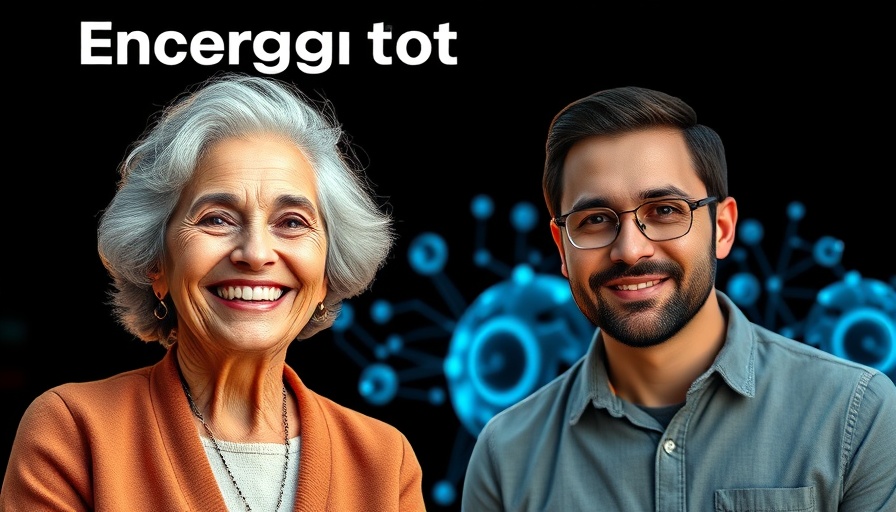
Understanding the Link Between Language and Cognition
The ongoing dialogue on the interplay between language, thought, and artificial intelligence is crucial, especially for parents of children with autism spectrum disorder (ASD). Gabriele Scheler, a pioneering theoretical neuroscientist, emphasizes how verbal thought shapes our cognitive processes. With recent research in neurodevelopment revealing the foundational role of inner speech, the implications are profound for both understanding human intelligence and enhancing AI systems.
Why Inner Speech Matters for Autism Research
For parents of autistic children, knowing how inner speech can influence cognition is invaluable. Studies in cognitive therapy research have increasingly shown that enhancing verbal communication can lead to better behavioral outcomes. Early interventions that focus on language can foster improved social skills and interactions among children with autism.
AI Models and the Misunderstandings about Language
Current artificial intelligence systems often miss the nuances of human language. Scheler argues that these models oversimplify verbal thought, leading to significant gaps in their ability to understand human communication effectively. This misalignment highlights the importance of integrating insights from autism clinical trials, which explore how atypical language processing might inform AI development. Approaching AI design with a deeper understanding of neurodevelopment could lead to more sophisticated and empathetic models, crucial for inclusive technology.
Expectations for Future Breakthroughs in Autism Studies
As research continues to evolve, it is essential that breakthroughs in genetic autism studies and cognitive therapy not only advance our understanding of ASD but also influence new AI development strategies. The insights gained from autism studies could lead to innovative therapeutic approaches that further inform the next generation of AI, by emphasizing the cognitive processes unique to verbal thought.
Delving into these areas reveals a promising synthesis—where advancements in understanding cognition through language can inform both autism research and AI technology. For parents of autistic children, staying informed about these insights could enhance strategies for developmental support.
For more resources and information on developing interventions that can significantly assist in understanding and aiding children with autism, learn more here.
 Add Row
Add Row  Add
Add 




Write A Comment